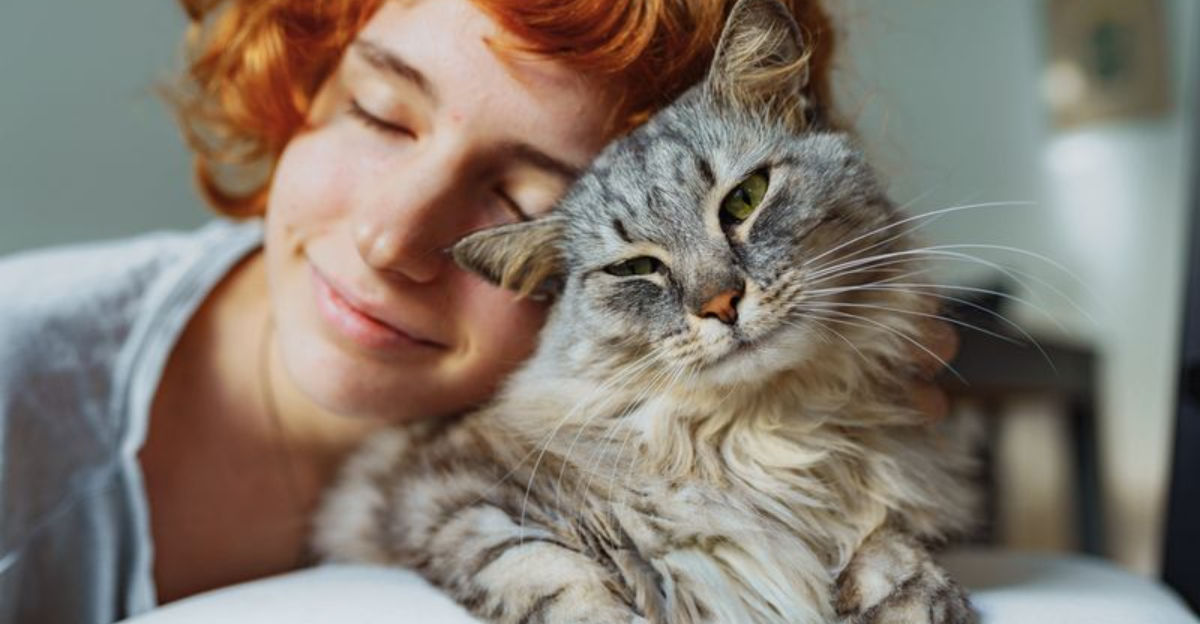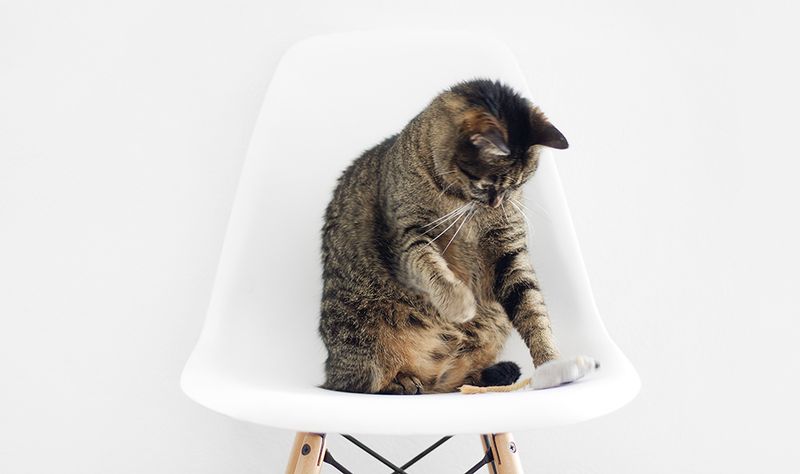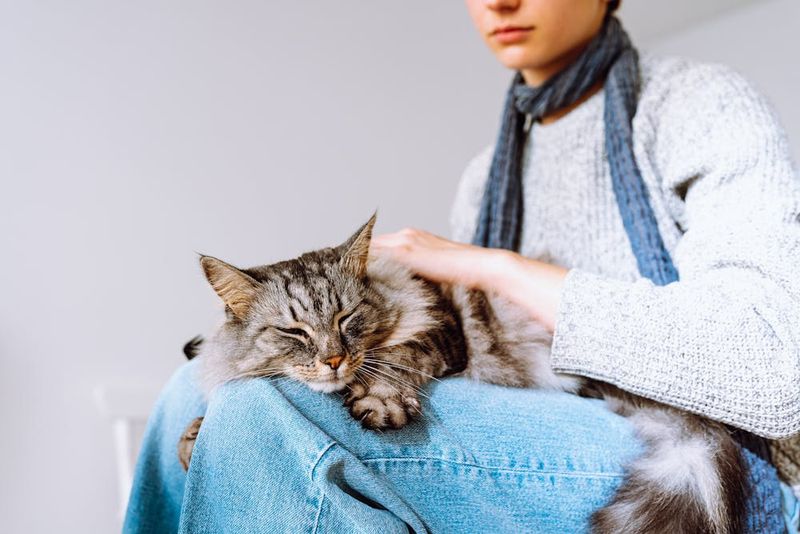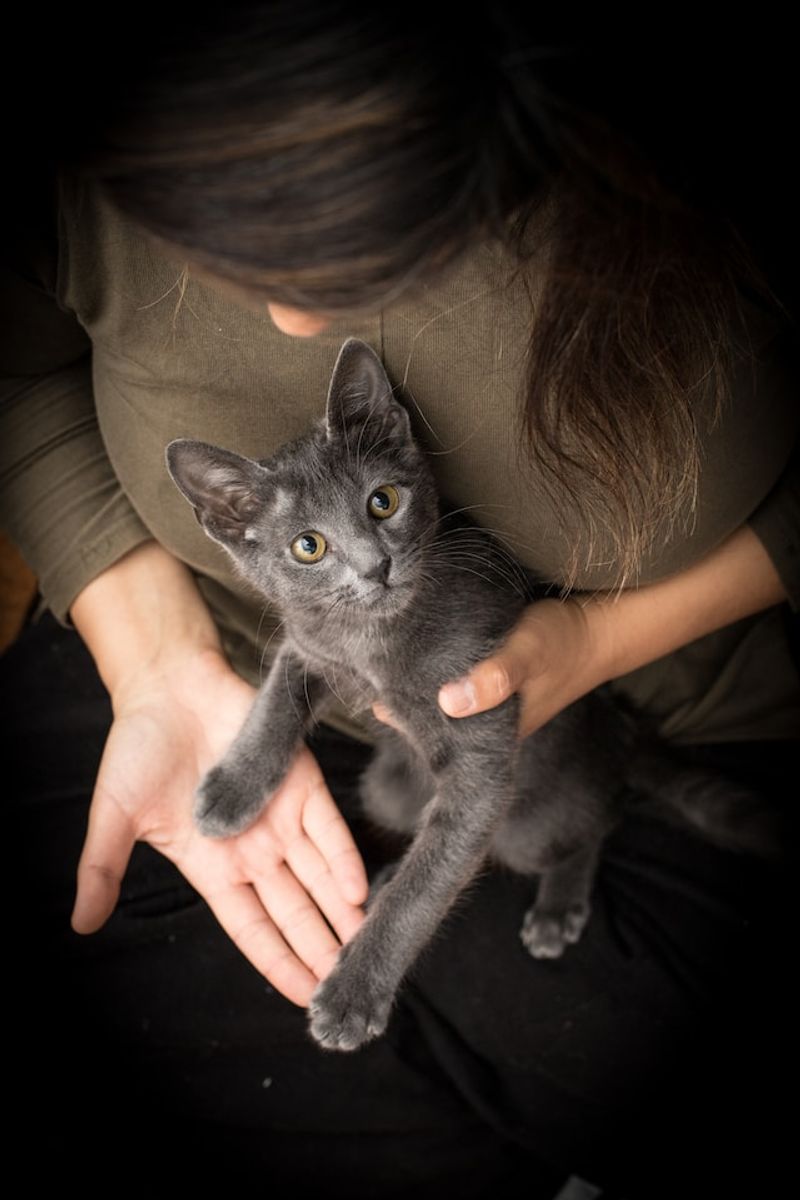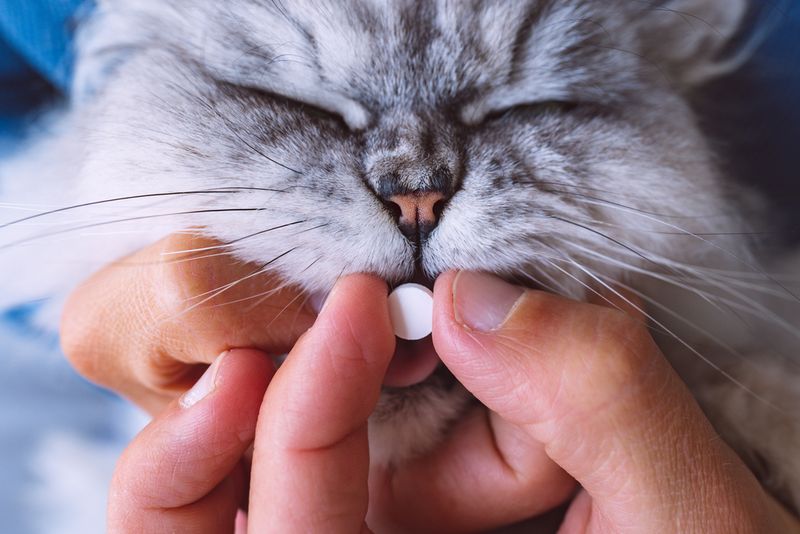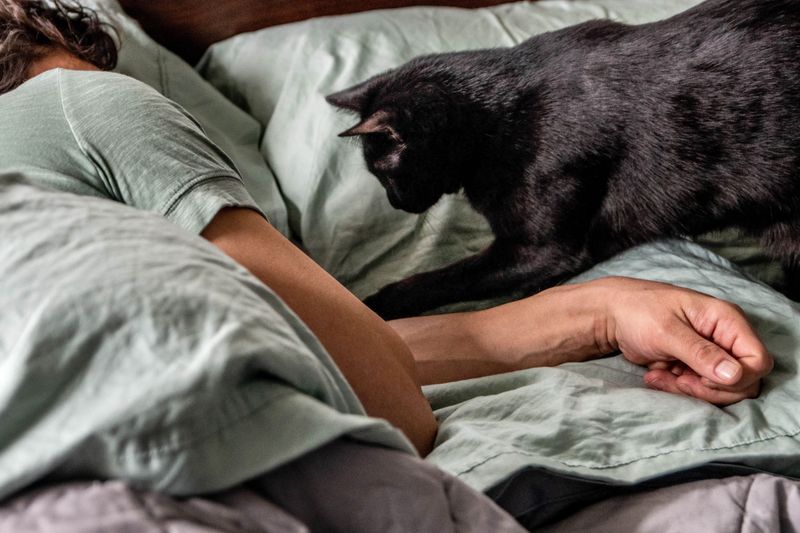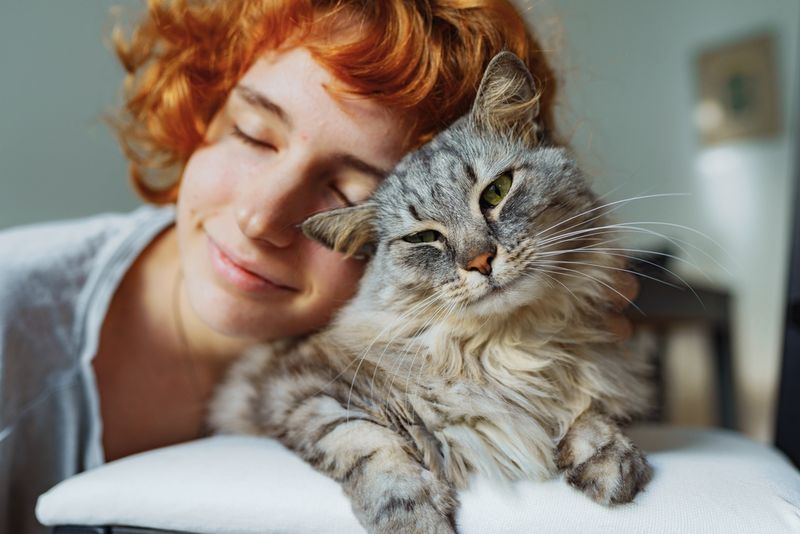📖 Table of Content:
When a beloved cat falls seriously ill, life changes in an instant. The cozy routines, playful moments, and quiet companionship are suddenly shadowed by worry, vet visits, and a new normal that can feel overwhelming. While cats are often seen as independent creatures, their vulnerability in sickness reveals just how deeply they rely on us—not just for food and shelter, but for comfort, care, and unconditional love.
For many pet owners, the journey of caring for a sick cat is uncharted emotional territory. Between administering medications, managing symptoms, and reading every whisker twitch for clues, the experience can bring both immense tenderness and unexpected strain. It’s a role that demands compassion, resilience, and a kind of vigilance most people never talk about—until they’re living it.
This article sheds light on the less-spoken truths of feline caregiving: the hidden challenges, the emotional rollercoaster, and the quiet, powerful bond that deepens through it all. Whether you’re currently walking this path or supporting someone who is, these insights offer validation, support, and a gentle reminder—you’re not alone.
1. Hyper-Awareness of Behavior
From the moment your cat becomes ill, your eyes turn into microscopes. Suddenly, the tiniest change in their posture, the way they jump, or how much food they leave behind takes on enormous significance. Even the flick of a tail or a few extra seconds of hiding under the bed can spark worry. You find yourself scanning their litter box like a detective looking for clues. This vigilance becomes second nature, and while it’s driven by love, it’s mentally exhausting. Sleep is lighter, ears are more alert, and your thoughts often circle back to: Is she okay? The mental load of constant monitoring adds a layer of tension to even your calmest days. And yet, every time they purr or nuzzle close, it feels like a small reward for your quiet diligence.
2. Emotional and Financial Strain of Vet Visits
At first, you tell yourself it’s just another check-up. But over time, vet visits evolve into emotional gauntlets. Each appointment is a rollercoaster of hope, fear, and the financial anxiety of what might come next. You brace yourself in the waiting room, heart racing with “what ifs.” The costs—monetary and emotional—accumulate in ways you never anticipated. When a new medication is prescribed or another test is recommended, the weight of responsibility grows heavier. And even when the news is good, the anticipation alone can leave you wrung out. Still, you go, every time, because love doesn’t weigh the cost.
3. Unavoidable Guilt
No matter how devoted you are, guilt has a way of sneaking in. It whispers questions like, “Did I miss the early signs?” or “Could I have acted sooner?” You may replay decisions or worry that you’re not doing enough, even when you’re doing your very best. This emotional burden often comes uninvited, and rarely does it match the reality of your efforts. Comparing your journey to others’ stories only makes things worse. What people rarely tell you is that caregiving is full of imperfect choices and gray areas. The truth is, guilt thrives in the silence between those hard decisions. Offering yourself grace may be the hardest—but most necessary—part of the process.
4. Life Revolving Around Medication
Suddenly, your day is scheduled around pill times, feeding windows, and hydration checks. Gone are the carefree mornings; now, there’s a syringe to fill and notes to take. It becomes second nature, this new rhythm of care, even when it interrupts sleep or work. Alarms on your phone become lifelines to medication routines. You may start keeping a log of symptoms, foods eaten, bathroom habits—turning your phone into a mini medical journal. While your friends talk about weekend plans, you’re checking whether your cat had a normal bowel movement. It’s a quiet kind of sacrifice, one that few people see. And through it all, your cat likely offers no complaints—just a look of trust that keeps you going.
5. Impact on Sleep and Social Life
Without warning, late-night pacing becomes the norm. You may lie awake listening for coughing, restlessness, or the subtle sound of your cat shifting uncomfortably. Invitations go unanswered, and spontaneous outings disappear as caregiving becomes the center of your world. While others post about brunch, you’re Googling medication side effects. The isolation can sneak up on you—one day you’re overwhelmed with texts of concern, the next, the silence feels deafening. Fatigue sets in, not just from lost sleep but from carrying emotional weight alone. People might not realize how much you’ve put on hold. But in your heart, you know that right now, you’re exactly where you need to be.
6. Emotional Rollercoaster
One moment, your cat is bright-eyed and full of life; the next, they’re listless and unwell. These emotional highs and lows are nothing short of a mental tug-of-war. Hope blooms with every sign of recovery, only to be crushed by a setback. It’s hard to know whether to brace for the worst or celebrate small victories. This kind of uncertainty creates a quiet, chronic stress that lingers even on “good” days. You begin to live in the moment, because planning ahead feels like tempting fate. Each flicker of joy feels more precious because of the unpredictability. And yet, the bond you share with your cat becomes stronger with each emotional loop you navigate together.
7. Deepened Bond with Your Cat
Through all the stress, fear, and long nights, something beautiful happens. You and your cat begin to understand each other in ways words could never capture. There’s a softness in their gaze, a trust in the way they lean into your touch. Even on days when you’re tired and discouraged, their quiet presence offers a kind of healing. Care becomes an act of love, over and over again, in the smallest gestures. It’s in the way they blink slowly at you, or curl beside you even when they’re in pain. These moments, however fleeting, feel sacred. And long after the medications are gone and the stress fades, that deeper connection remains—etched into your heart forever.
